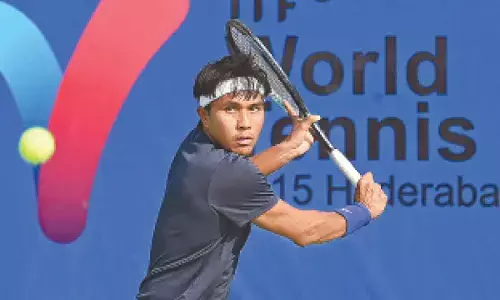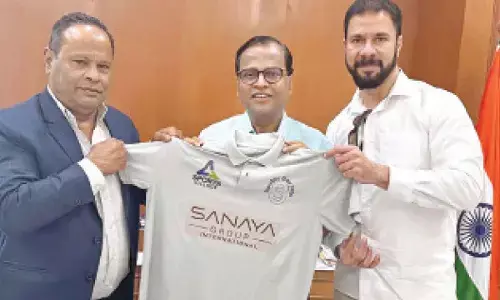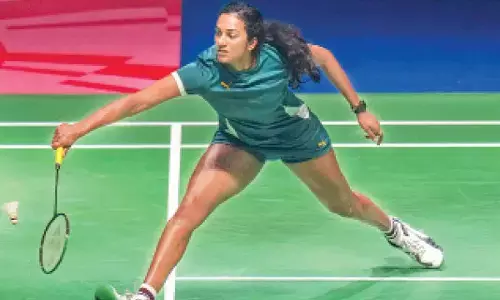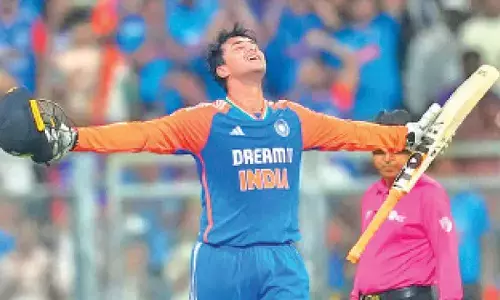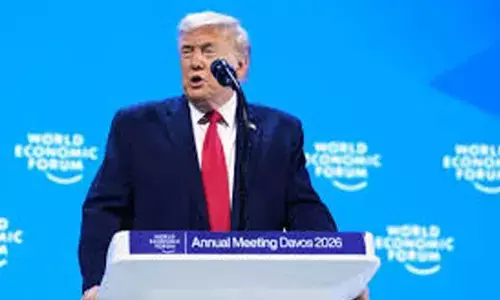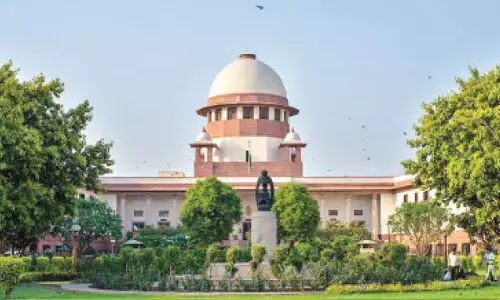Cockfight and the Law
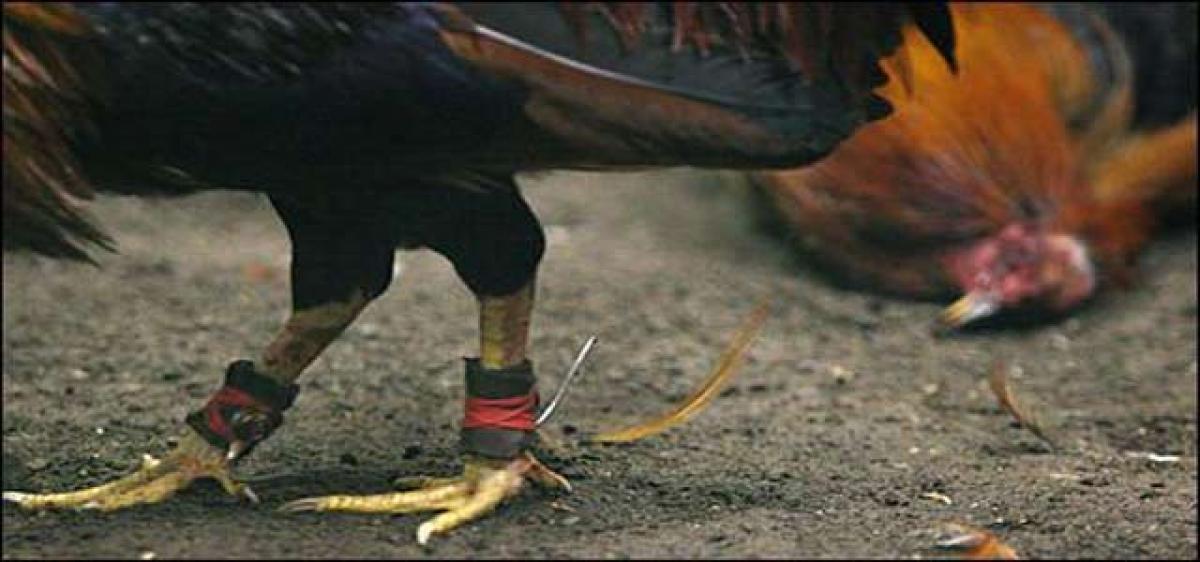
The High Court has once again made it clear that cockfights are illegal. Yet, the organisers with their social and political clout resort to gruesome violation of law.
The High Court has once again made it clear that cockfights are illegal. Yet, the organisers with their social and political clout resort to gruesome violation of law.
The political system is a partner in crime while the administrative and the law enforcement machinery remains a passive spectator to the blatant violation of the law and the pronouncements on it by the constitutional courts.
The government is legally obliged to enforce the verdicts of the court. Fallacious cultural explanations are dished out in a frantic bid to justify the inhuman, illegal, unethical and anti-social cockfights.
Cockfight is not just an entertaining activity marking the festive occasion as sought to be portrayed by the organisers and their protagonists.
These cockfights are associated with betting, selling illicit liquor, gambling besides subjecting animals and birds to cruelty.
The State government has to take steps to implement the provisions of the Prevention of Cruelty to Animal Act, 1960 as cocks or roosters are also defined as animals under this Act.
The lackadaisical attitude of State administration is clear as the cruelty continues unabated. As a result, not just the animals are tortured; several families are deprived of their hard-earned savings due to betting and gambling.
Thus, the cockfights are opposed on various grounds. The arguments submitted in the petitions to the High Court clearly state these concerns which the judiciary also sympathetically considered.
Cockfight, a bloody and gruesome sport, causes unnecessary pain and suffering to roosters. Cockfights violate sections 3 and 11 of the 1960 Act and Article 21 of the Constitution as Section 2(a) of the 1960 Act defines “animal” to mean any living creature other than a human being.
The Prevention of Cruelty to Animals Act, 1960 is an Act made for the prevention of infliction of unnecessary pain or suffering on animals.
This Act is a welfare legislation, as observed by the Supreme Court in A Nagaraja Judgement (2015): “The statutory provisions, in welfare legislations, should be liberally construed in favour of the weak and the infirm, and the benefits conferred there under should not be permitted to be defeated by subtle devices.”
The supporters of cockfights often argue as to what is wrong in the sport while humans consume chicken. But, the court has yet again clarified this in Mahaveer Bishnoi v. State of Rajasthan (2016) when it said,
“Animal welfare laws should be interpreted keeping in mind the welfare of animals, and the species best interests, subject to just exceptions arising out of human necessity. Such exceptions are unavoidable activities, and not those which can be avoided.”
The apex court has further observed in A Nagaraja verdict that the court has a duty to take care of the rights of animals, since they are unable to take care of themselves as against human beings. No right is conferred on any person to inflict unnecessary pain or suffering on animals.
The supporters of cockfights call it a sport and an entertainment marking a festival. Thus, they equate the gruesome acts with cultural practices.
But, cockfights are organised not for celebrating culture but only for the perverse pleasure of human beings who enjoy watching these birds savagely attack and maim each other, forgetting the intrinsic worth of these animals.
Human beings have no superior rights over the other species in the nature. The Indian philosophy, the Constitution and law uphold this premise in most unequivocal terms.
It’s worth noting here what D M Broom, Professor of Animal Welfare, University of Cambridge, says: “Behavioural responses to pain vary greatly from one species to another, but it is reasonable to suppose that the pain felt by all of these animals is similar to that felt by man.” (Animal Welfare and the Law, Cambridge University Press, 1989).
Indian Constitution does not grant any special privileges to human beings vis-à-vis animals except for legitimate purposes.
Article 21 of the Constitution has given the word “life” an expanded definition. In so far as animals are concerned, “life” means something more than mere survival or existence or instrumental value for human beings, but a life of some intrinsic worth, honour and dignity.
The right to dignity and fair treatment is not confined to human beings alone, but to animals as well. Animals also have a right not to be tortured by human beings, and from being inflicted with unnecessary pain or suffering.
Every species has an inherent right to live, and to be protected by law, subject to the exception provided out of necessity.
Animals have honour and dignity which cannot be arbitrarily deprived, and its rights must be respected and protected from unlawful attacks. Article 51A(g) casts an obligation on all citizens to treat animals with compassion.
This article enjoins a fundamental duty on every citizen “to have compassion for living creatures” which means concern for the suffering, sympathy etc.
The 1960 Act by the Parliament has given statutory recognition to the rights of animals. However, this act does not sacrifice the interests of human beings applying the doctrine of necessity, like experiments on animals for the purpose of advancement by new discovery of physiological knowledge or of knowledge which will be useful for saving or for prolonging life or alleviating suffering or for combating any disease, whether of human beings, animals or plants.
A reading of illustrious texts of Indian philosophy rebukes the argument that cockfights have a cultural or religious significance. The Isha-Upanishad reads as follows: “The universe along with its creatures belongs to the land. No creature is superior to any other. Human beings should not be above nature. Let no one species encroach over the rights and privileges of other species”.
Even if cockfights are sanctioned by religion, they cannot be constitutionally and legally justified in a secular country like India. This was made clear by the Supreme Court itself when it said, “While dealing with the law and legal principles, reference can be made to the cultural ethos and the ancient texts of this country in so far as they do not run counter to constitutional and statutory thought and principles.”
Cockfights are justified in the name of ancient tradition and custom. But, “Tradition” is not a justification for cruelty towards animals. A cruel tradition should never be allowed to define a culture. “Traditions can – and must – evolve.”
The 1960 Act, a welfare legislation, overshadows and overrides tradition and culture. Even if certain evil practices in society have the support of culture and tradition, it should yield to the Law. Custom or usage cannot be considered a source of law to claim certain rights, when it is found to violate the specific mandate of the Constitution and the laws.
No usage, which is found to be pernicious and in derogation of the law of the land or opposed to public policy or social decency, can be accepted or upheld by Courts. (A Nagaraja and N Adithayan v. Travancore Devaswom Board (2002).








